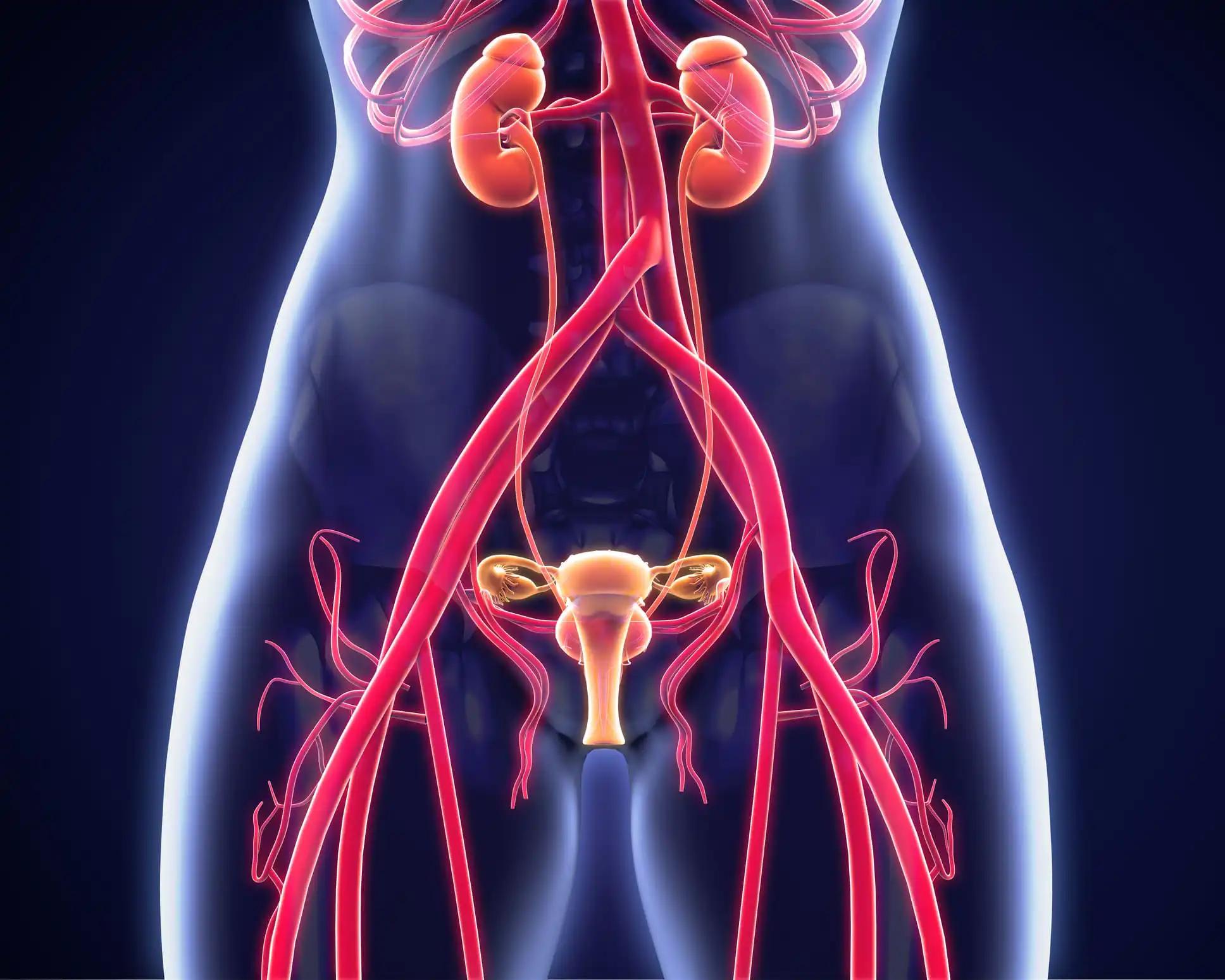KEY TAKEAWAYS
- The IMmotion010 phase 3 trial aimed to investigate the prognostic and predictive value of circulating KIM-1 levels in determining the benefit of adjuvant atezo in patients with RCC.
- The primary endpoint was to determine DFS.
- Researchers noticed that circulating KIM-1 levels may predict RCC recurrence and response to atezolizumab; further investigation is ongoing.
In IMmotion010, adjuvant atezolizumab (atezo) failed to extend investigator-assessed disease-free survival (DFS) compared to placebo (pbo) after resection in patients with renal cell carcinoma (RCC) (HR: 0.93, 95% CI: 0.75, 1.15; P=0.50; Pal Lancet 2023).
Laurence Albiges and the team aimed to explore circulating protein biomarkers to identify high-risk patients with minimal residual disease (MRD) who might derive differential benefits from atezo treatment.
They performed an inclusive analysis by randomizing patients with RCC featuring clear-cell or sarcomatoid components and increased recurrence risk post-nephrectomy to receive either atezo 1200 mg or pbo intravenously every 3 weeks for 16 cycles or 1 year.
A retrospective proteomics analysis was conducted using an affinity-based proximity extension assay (PEA) panel encompassing approximately 3000 analytes to identify circulating proteins exhibiting differential abundance patterns in matched serum samples (baseline versus at recurrence).
Subsequently, a high-sensitivity electrochemiluminescence (ECL) assay was employed to assess levels of KIM-1, a membrane glycoprotein overexpressed in clear-cell and papillary RCC, in all available baseline and post-treatment serum samples. Outcome analyses were performed to compare patients with high (≥86 pg/mL) versus low KIM-1 status at baseline.
Researchers found that in patients with matched PEA samples (n=73), circulating KIM-1 emerged as the most significantly enriched protein at recurrence compared to baseline. Among the 778 patients enrolled in IMmotion010, 752 (97%) had baseline KIM-1 data available, with 300 (40%) classified as KIM-1-high and 452 (60%) as KIM-1-low. KIM-1-high status correlated with reduced DFS, and patients with high KIM-1 levels experienced improved DFS with atezo versus placebo.
Longitudinal analysis of matched samples revealed that in KIM-1-high patients, 9% (12/138) and 26% (36/141) showed a ≥30% increase from baseline in KIM-1 levels at Cycle 4 Day 1 with atezo versus placebo, whereas in KIM-1-low patients, the figures were 16% (34/213) and 12% (25/207), respectively. A ≥30% increase in KIM-1 was associated with worse DFS in both KIM-1-high (atezo HR: 1.68, 95% CI: 0.77-3.69; pbo HR: 3.53, 95% CI: 2.24-5.58) and KIM-1-low (atezo HR: 3.56, 95% CI: 2.21-5.75; pbo HR: 3.22, 95% CI: 1.81-5.70) subgroups. Among patients with matched ECL samples (n=103), median KIM-1 levels were significantly higher (P<0.001) at recurrence (172 pg/mL) than at baseline (79 pg/mL).
The study concluded that high baseline serum KIM-1 levels were linked to poorer prognosis but improved clinical outcomes with atezo compared to placebo. Increased post-treatment KIM-1 levels correlated with worse DFS. These findings suggest that circulating KIM-1 may serve as a non-invasive marker for MRD and disease recurrence, potentially indicating a benefit from atezo in adjuvant RCC. Further investigation into the role of KIM-1 in adjuvant RCC is warranted.
The trial was sponsored by the Hoffmann-La Roche.
Source: https://meetings.asco.org/abstracts-presentations/231606
Clinical Trial: https://clinicaltrials.gov/study/NCT03024996
Albiges L, Bex A, Suárez C, et al. (2024). “Circulating kidney injury molecule-1 (KIM-1) biomarker analysis in IMmotion010: A randomized phase 3 study of adjuvant (adj) atezolizumab (atezo) vs placebo (pbo) in patients (pts) with renal cell carcinoma (RCC) at increased risk of recurrence after resection.” Presented at ASCO 2024. J Clin Oncol 42, 2024 (suppl 16; abstr 4506), 10.1200/JCO.2024.42.16_suppl.4506



